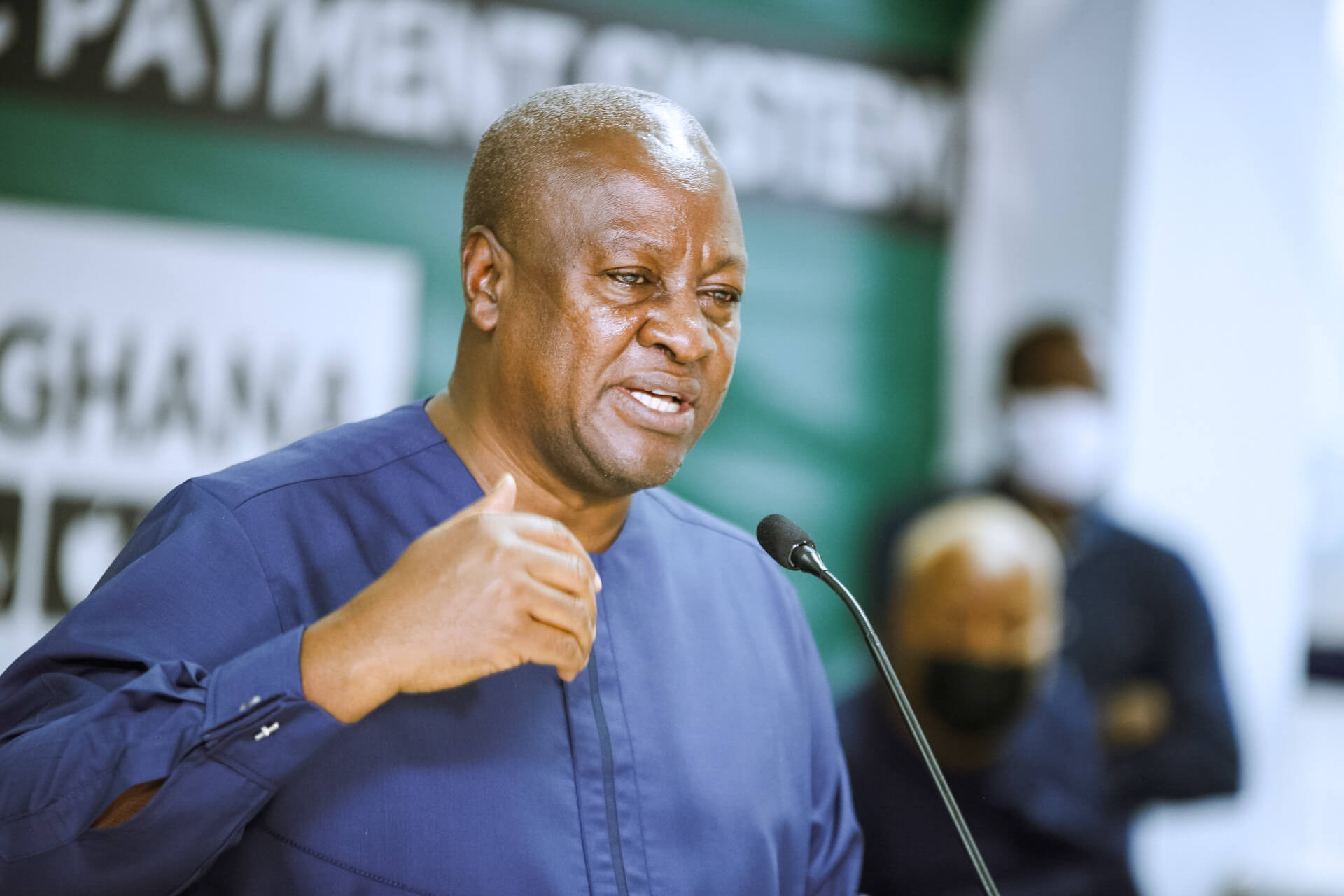SC unanimous ruling on voting right of Deputy Speaker: Shocking but not surprising-John Mahama
In a Facebook post, Mr. Mahama also described the ruling as “An unfortunate interpretation for convenience that sets a dangerous precedent of judicial interference in Parliamentary procedure for the future.”

The Former President of Ghana, John Dramani Mahama has described the Supreme Court’s ruling that Deputy Speakers can vote and be counted to form a quorum when presiding, as shocking but not surprising.
In a Facebook post, Mr. Mahama also indicated that the ruling is “An unfortunate interpretation for convenience that sets a dangerous precedent of judicial interference in Parliamentary procedure for the future.”
The Supreme Court on March 9, 2022, unanimously okayed the decision by the 1st Deputy Speaker of Parliament to participate in Parliamentary voting and to be counted in forming a quorum for deliberations.
A seven-member panel presided over by Justice Jones Dotse unanimously declared that the two Deputy Speakers of Parliament are members of Parliament thus can be counted as present for the purposes of making decisions in Parliament when presiding thereby dismissing an application by a private Legal practitioner and lecturer of UPSA Law School Justice Abdullai, which sought the constitutionality of the same.
Additionally, the apex Court described as unconstitutional, order 109(3) and struck out same.
The applicant sought the interpretation of Articles 102 and 104 of the Constitution, 1992 by the Supreme Court in order to declare a November 30, 2021 decision of the First Deputy Speaker of Parliament, Joe Osei Owusu as unconstitutional.
He further argued that the 1992 Constitution does not allow a person presiding over proceedings in Parliament to have an original or casting vote by way of forming a quorum.
Additionally, per the applicant, whenever the First and Second Deputy Speakers of Parliament are presiding, they have the same authority and mandate just as the speaker thus cannot vote or form part of a quorum.


